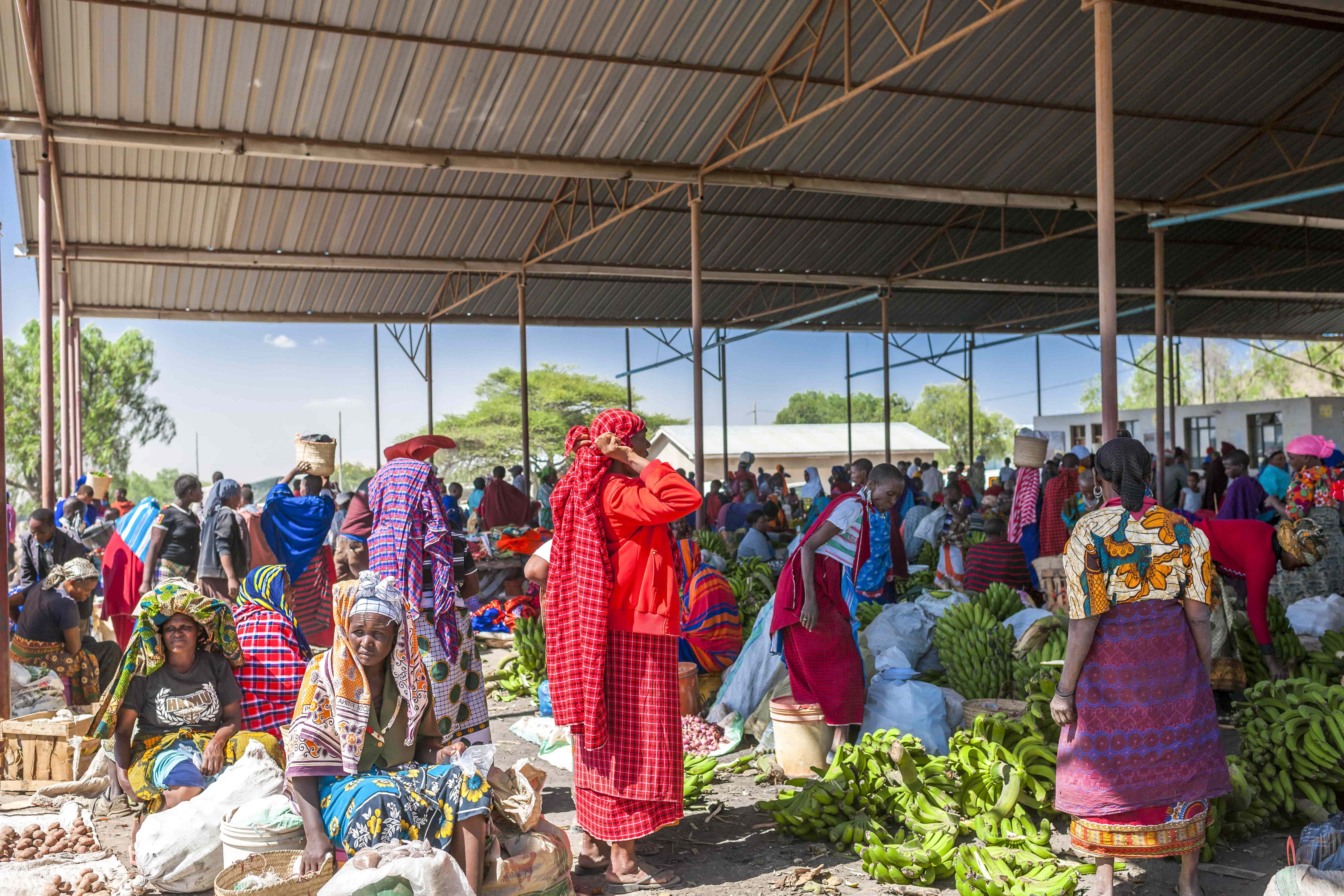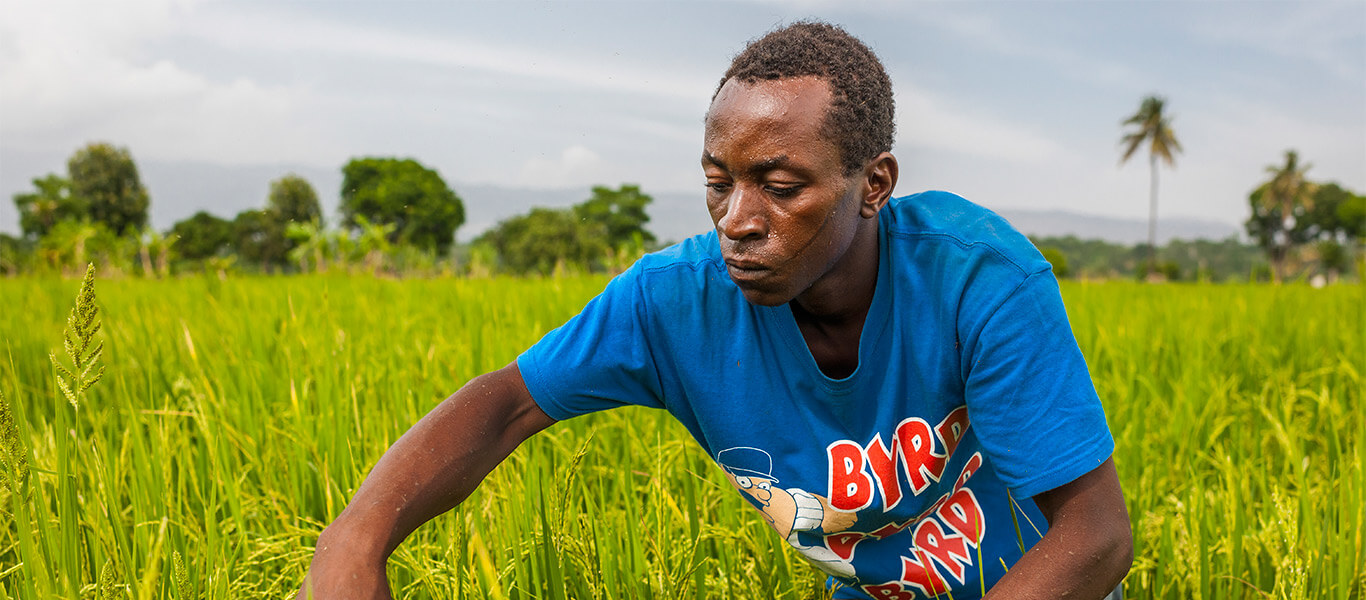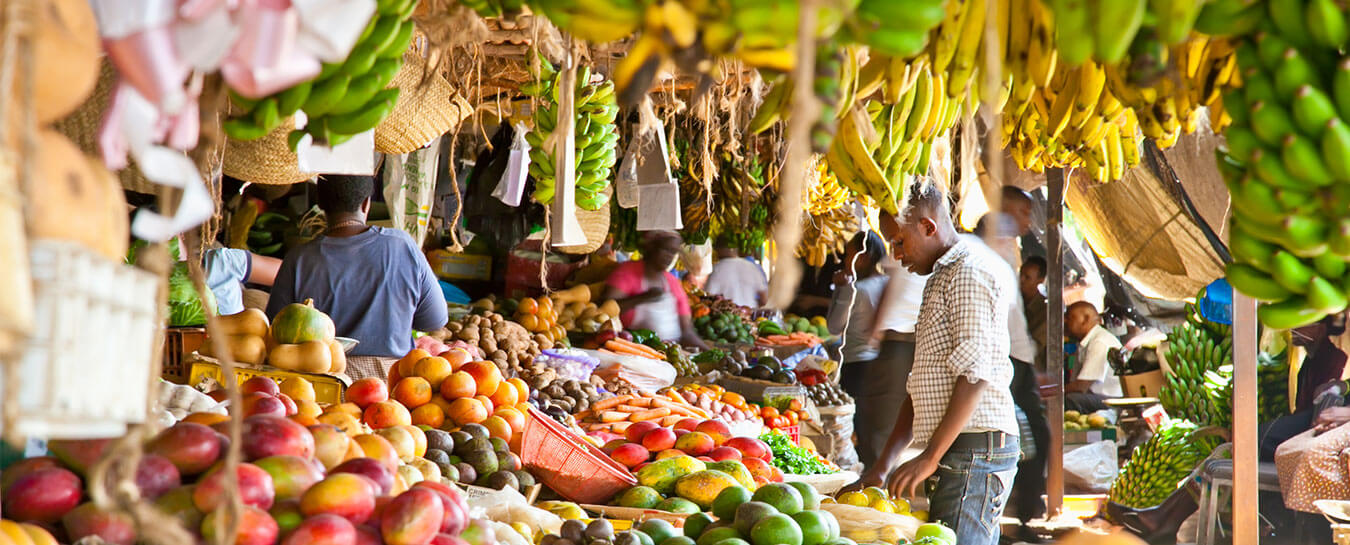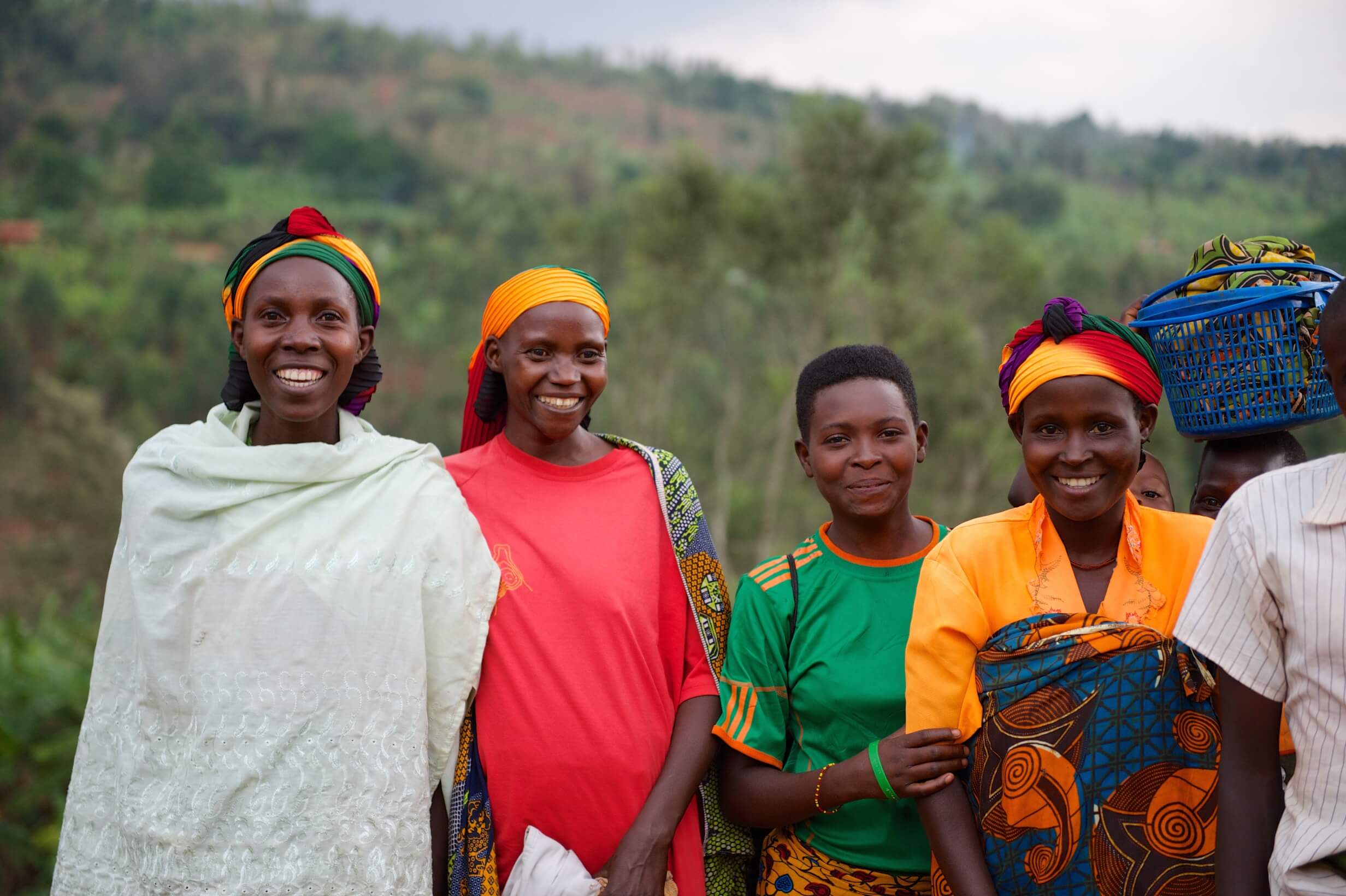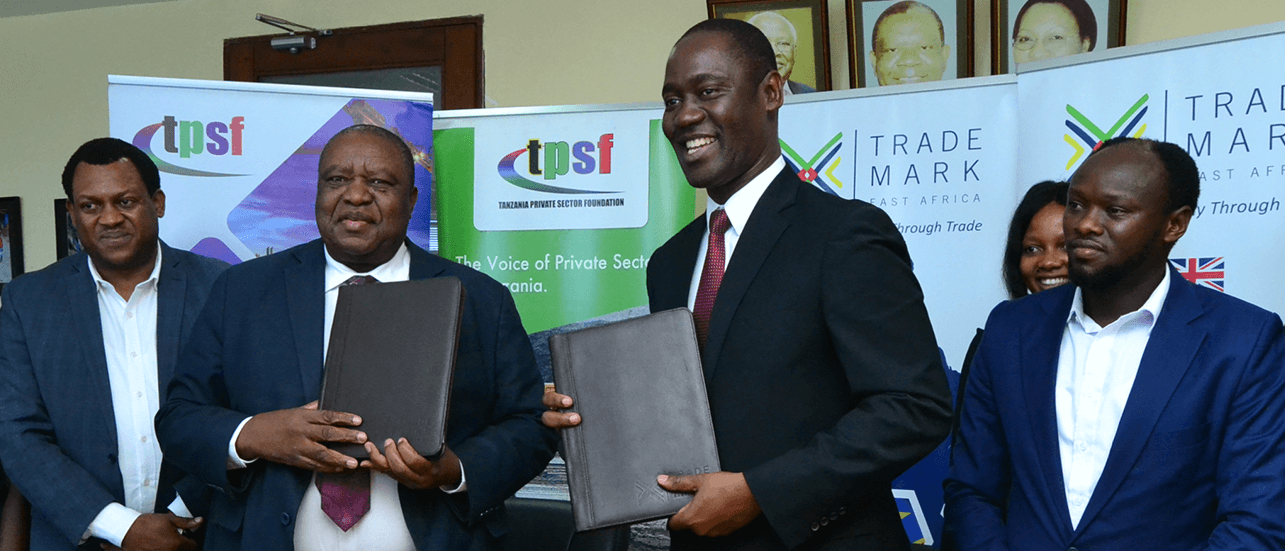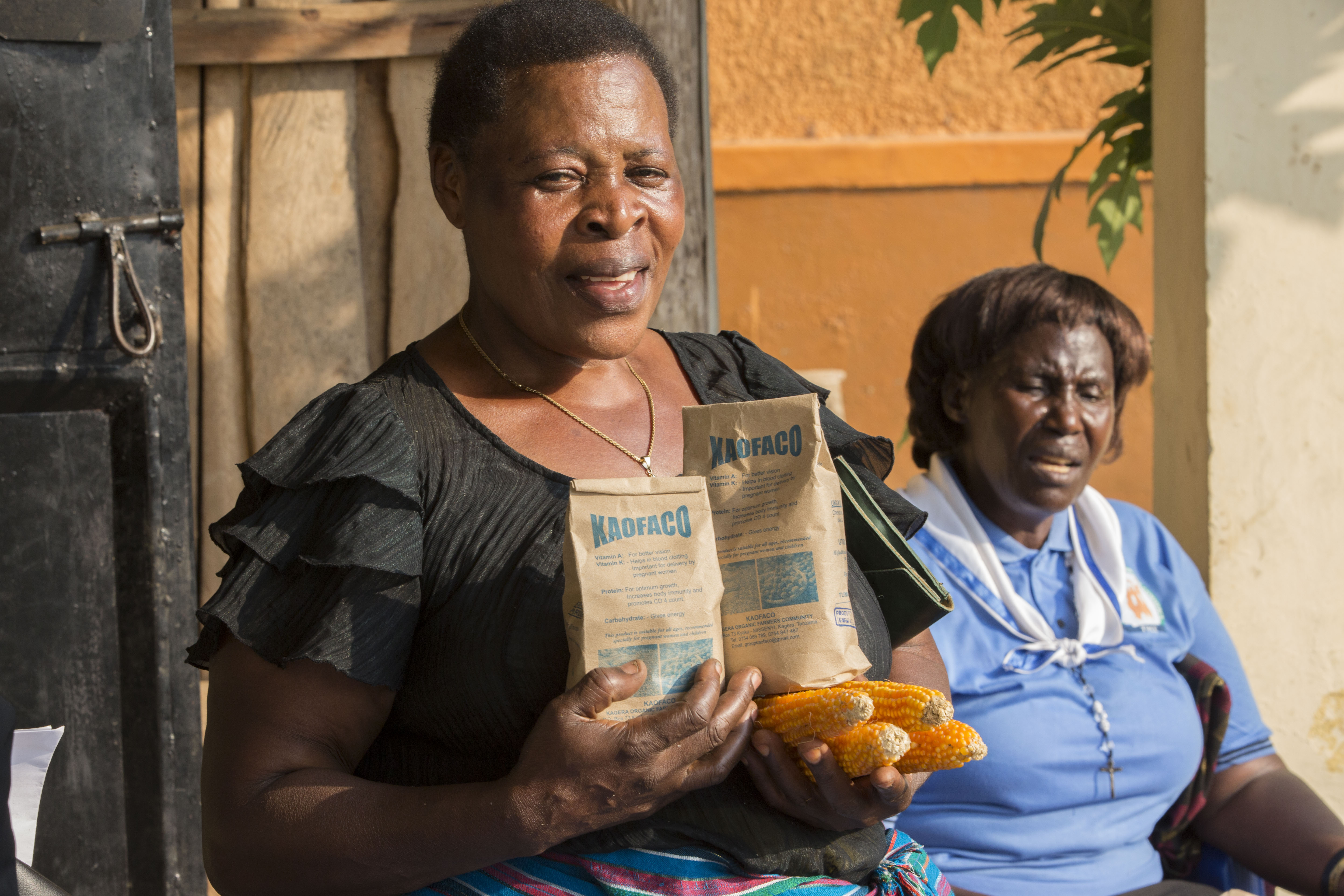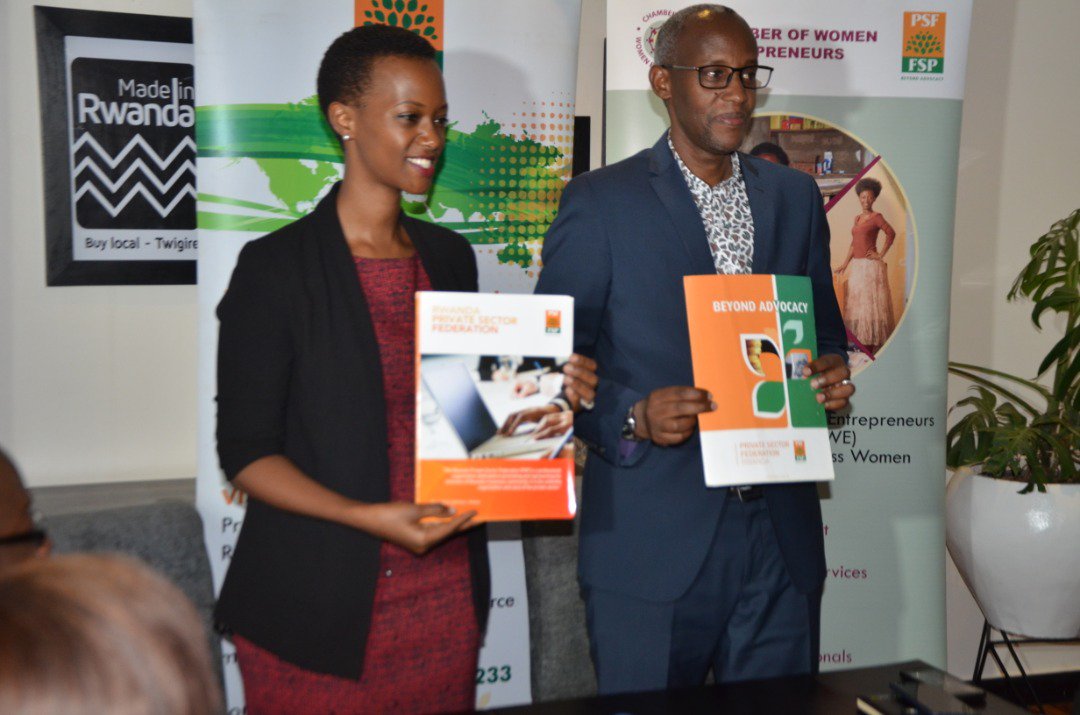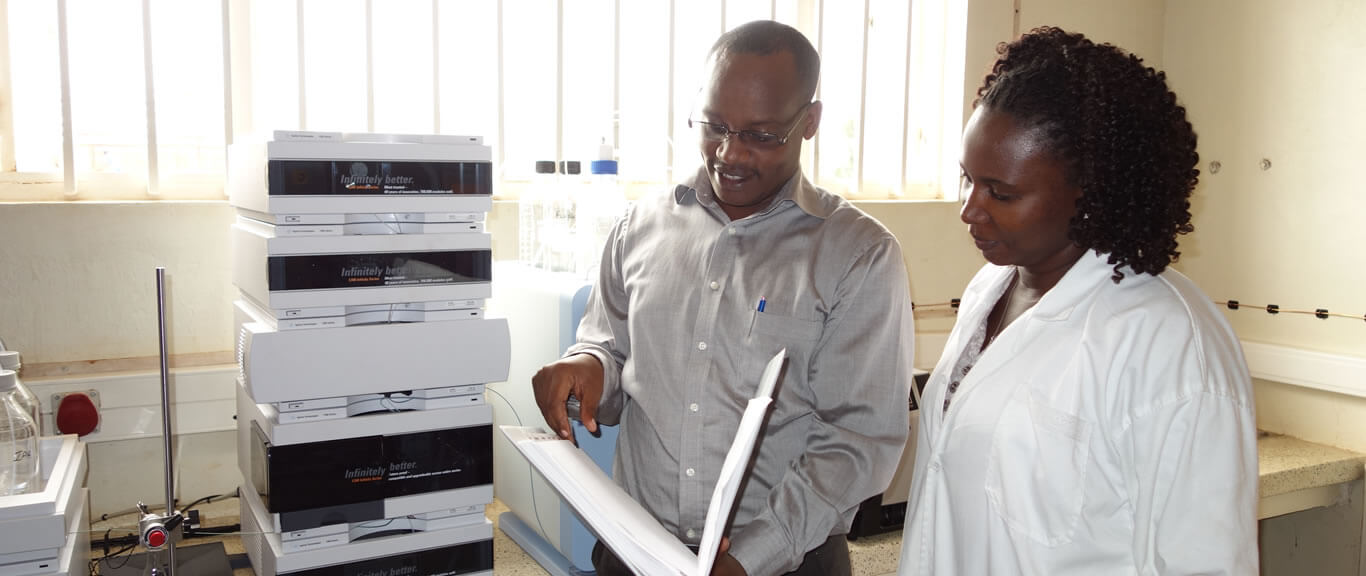[vc_row][vc_column][custom_inner_menus select_menu="project"][/vc_column][/vc_row][vc_row][vc_column][single_project_block_1 heading="Capacity Building to Women Cross Border Traders in Tanzania" implementor="Tanzania Women Chamber of Commerce" target_group="Women Cross Border Traders in Tanzania" project_value="US$1,648,000" implementation_period="July 2016 – June 2023" download_btn_text="Download Project PDF" download_btn_link="https://www.trademarkafrica.com/download/61026/"]Both formal and informal women traders in Africa, particularly in Tanzania fail to optimize the trade and business potentials and opportunities across the region mainly due inadequate capacity and lack of knowledge on doing business in the region. What: Capacity Building to Women Cross Border Traders in Tanzania builds on existing work between TMA and Tanzania Women Chamber of Commerce (TWCC), which aims at building the capacity of women traders in the country reflecting on key challenging areas of inadequate capacity and lack of knowledge on doing business in the region. Key results include; Tanzania WICBTs increase their exports to EAC market and beyond Women traders increase use of formal trade channels Increased knowledge and understanding on EAC CU/CMP and cross border requirements, business and trade /export procedures Gender-related (based) constraints reduced Increased compliance to EAC quality & standards by targeted WICBTs How: The project will carry out tailor-made trainings on rules, regulations benefits and available opportunities for Tanzanian women traders; and Identify and address the existing gender-based constraints that limit women's ability to participate in cross-border trade; as well as build capacity of the selected women cross-border traders on how to improve their product standards. Contact: Elibariki Shammy, Email; Solomon.mrema@trademarkea.com Click here to learn more about One Stop Border Posts Program[/single_project_block_1][/vc_column][/vc_row][vc_row el_id="desired-result"][vc_column][single_project_block_2 heading="Desired Results" image_1="42242" image_2="42244"]Tanzania WICBTs increase...
Capacity Building to Women Cross Border Traders in Tanzania
Posted on: March 19, 2019
Posted on: March 19, 2019

